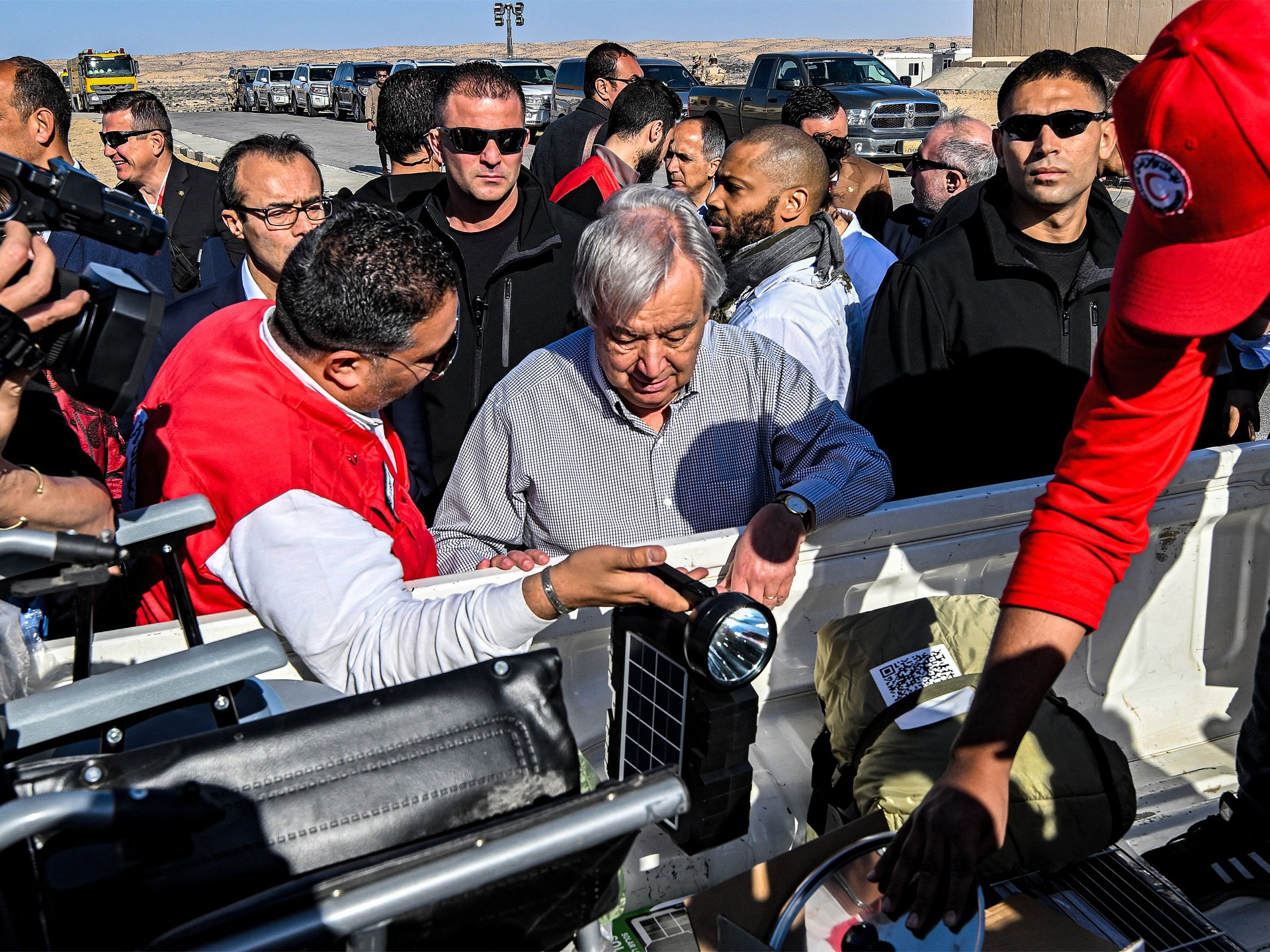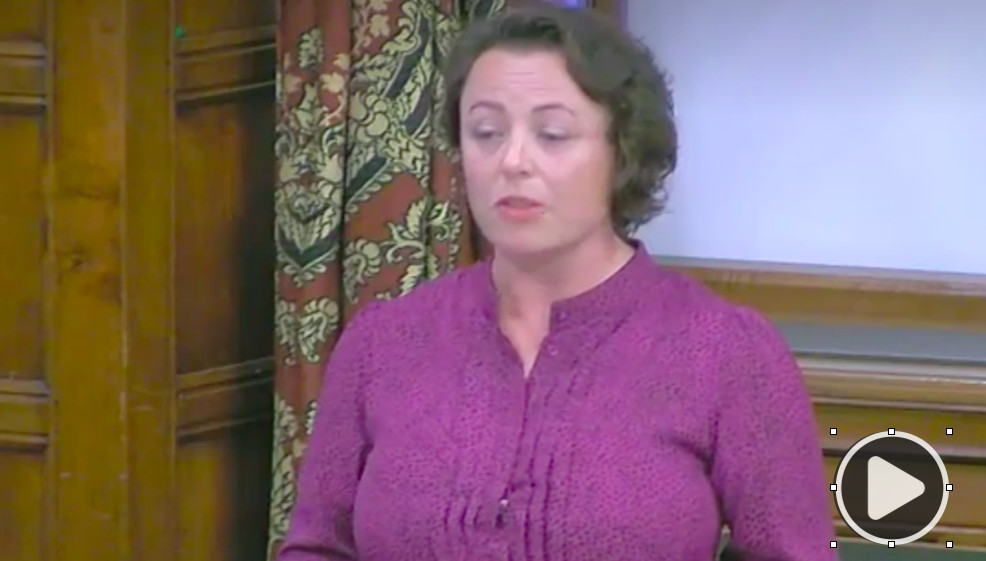Israel's Knesset has passed legislation targeting the main UN agency providing aid to people in Gaza, UNRWA, effectively banning it from operating on Israeli soil. The new laws designate UNRWA a terrorist organisation, cutting diplomatic ties with the agency and barring it from operating on Israeli soil. The legislation, which would not take effect immediately, risks collapsing the fragile aid distribution process at a moment when the humanitarian crisis in Gaza is worsening and Israel is under increased US pressure to ramp up aid.
The vote passed 92-10 and followed a fiery debate between supporters of the law and its opponents, mostly members of Arab parliamentary parties. Israeli Prime Minister Benjamin Netanyahu said UNRWA workers must be held accountable for what he called “terrorist activities” against the country. “UNRWA workers involved in terrorist activities against Israel must be held accountable,” he said, adding that the legislation would take effect in 90 days.
The decision has sparked outrage from international organisations and world leaders, who have warned of the devastating consequences for Palestinians in Gaza.
The Impact of the Ban on UNRWA
The decision to ban UNRWA from operating in areas under Israel’s control has been met with widespread condemnation. Oxfam, a global charity, described the decision as “condemnable” and a “crime”. Sally Abi Khalil, Oxfam Regional Director in the Middle East and North Africa, stated that the decision “will further undermine the ability of the international community to provide sufficient humanitarian aid and to save lives in any safe, independent and impartial way”.
The ban is expected to have a significant impact on the delivery of humanitarian aid to Gaza.
Humanitarian Crisis in Gaza
More than 1.9 million Palestinians are displaced from their homes, and Gaza faces widespread shortages of food, water, and medicine. The situation is dire, and the ban on UNRWA is likely to exacerbate the crisis. UNRWA is the largest and most established agency that has been delivering aid and sustenance to the people of Gaza for years, and its absence will leave a significant void.
International Condemnation of the Ban
Many world leaders and international organizations have condemned the ban on UNRWA, warning of the consequences for the Palestinian people.
UN Secretary-General Condemns the Ban
US and EU Concerns
The US and the EU have also expressed their concern about the ban, with the US State Department spokesperson Matthew Miller stating that UNRWA plays a “critical, important role” in delivering humanitarian assistance to civilians in Gaza. The US has also raised concerns with the Israeli government over the ban, warning that it could have implications under US law and policy.
Australian Government's Opposition
The Australian government has also condemned the ban, with Foreign Minister Penny Wong stating that the legislation “risks making Unrwa’s essential work for Palestinians impossible, jeopardising the entire international humanitarian response in Gaza and delivery of essential health and education services in the West Bank”. She added that Australia had urged Israel not to pass the legislation.
Reasons Behind the Ban
Israel has accused UNRWA of maintaining strong ties with Hamas. The allegations stem from an investigation into the October 7, 2023, Hamas attacks on Israel, which led to the deaths of over 1,200 people and the kidnapping of hundreds more.
In August, UNRWA finalised an investigation into allegations of ties between agency staff and the attacks. The investigation found nine staff members may have been involved in the attacks and sacked them. Another 10 staff members were investigated, with no evidence found in one case and insufficient evidence found in the others.
Impact of the Ban on the Agency
The changes would also be a serious blow to the agency and to Palestinians in Gaza who have become reliant upon it for aid throughout more than a year of devastating war.
The ban on UNRWA is a significant development in the ongoing conflict between Israel and Palestine. It is likely to have a profound impact on the humanitarian situation in Gaza, and raises serious questions about the future of aid and relief efforts in the region.
Moving Forward: A Path to Peace and Aid
The international community must come together to ensure that humanitarian aid continues to reach Palestinians in Gaza, despite the ban on UNRWA. The ban is a setback, but it does not have to be the end.
The ban on UNRWA is a deeply concerning development, and it is essential that the international community works together to mitigate its negative consequences. It is crucial that the focus remains on achieving a peaceful resolution to the conflict and ensuring that humanitarian assistance continues to reach those who need it most.

















